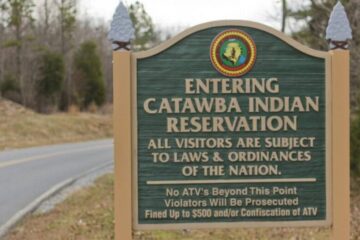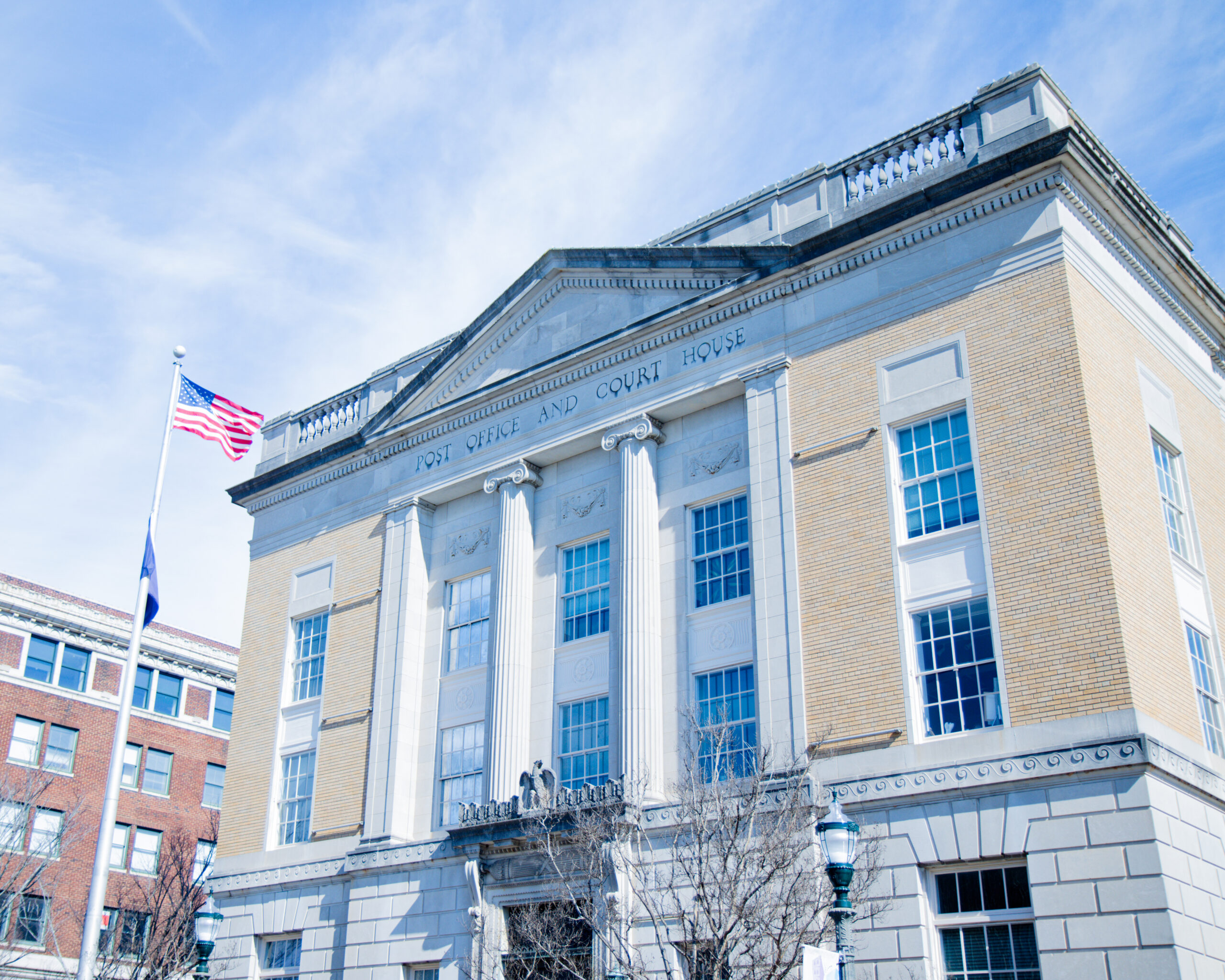In today’s world, there is a hard line of finding the truth in criminal cases that can land innocent people in prison through mishandled information or laziness in the United States justice system. Even if there are cases that are resolved that prove innocence, those people are still in prison. Fortunately, change can come to the justice system both in our local and federal levels through education and basic knowledge of the law.
The Winthrop Common Book Committee hosted “Obstructing Injustice: A Discussion on Criminal Justice Reform and Wrongful Conviction,” an event in Dina’s Place that was held on Nov. 5 to educate Winthrop students about the criminal justice system in South Carolina. The event featured criminal defense lawyer Dayne Phillips. He explained the common types of wrongful conviction people face and how wrongful conviction relates to the criminal justice courts of South Carolina with the guilty plea.
“In many states, there is a bug push on the jury on the idea of jailhouse witnesses and their credibility,” Phillips said.
The Winthrop Common Book for this year is “Just Mercy: A Story of Justice and Redemption” written by Bryan Stevenson. It follows the founding of the Equal Justice Initiative to help exonerate those who were imprisoned due to wrongful convictions. This theme of equal justice was one of the reasons the event was tied to the common book.
“[The event was chosen] to expand student understanding of the Common Book, the broad human rights and equal justice issues that are raised in the book and to raise awareness about issues in South Carolina, ” said Katrina Moyon, Director of the John C. West Forum on Politics and Policy and Co-Director of Human Experiences studies.
The event tackled multiple reasons of wrongful convictions such as false confessions, witness misidentification and government misconduct that can people to be convicted in the local criminal system surprised students.
“One of my takeaways from this cultural event was that eye-witness misidentification was the largest contributor to wrongful convictions of those exonerated through DNA testing,” said junior business administration major Amarillo Nivens. “I didn’t know that there was that many people sent to prison that were actually innocent.”
One of the interesting moments of the presentation was the speaker bringing up the youngest murder in court that happened in South Carolina in the year 1944. George Stinney Jr. was a 14 yearold African American that was wrongfully convicted of criminal charges and was only exonerated seventy years after his death. This was brought up on the idea of how race factors in wrongful convictions.
“It’s one of the saddest moments in history. Race, in my opinion, was a factor in that case and we need to have criminal justice reform,” Phillips said.
The topic resonated with the audience as they learned about statistics from The National Registry of Exonerations. Those in attendance learned that there have been a total of 2,513 exonerations since 1989 in the U.S. which have removed over 22 thousand years in prison.
“I think that everyone should read the common book because it makes you look at things in a different way,” Nivens said.
Although lawyers in programs such as The Innocence Project in America continue to fight for reforms in the criminal justice department, there is still plenty of work to do in the state of South Carolina.
“We have a recalculation of the prison sentences on non-violent prisoners,” Phillips said. “Overall, [there were] not that many [reforms in South Carolina].”
Winthrop students throughout the Common Book events were able to relate the book’s subject matter with events that help challenge their ideas of the world and find ways to connect it to South Carolina to spark change in our society.
“[One of the reasons that this event is important is for students] to learn more about what is happening in our state about issues raised in the common book. It is a way to connect the book to South Carolina,” Moyon said.
The speaker encouraged students to watch media such as “Making a Murderer,” “When They See Us” and “The Staircase” to learn more about the criminal justice system and independently research about criminal justice to get involved in helping the innocent find justice.
“It’s just a good look on how it the [criminal justice] system works and it’s all real,” Phillips said. “You need to be involved in it as much as you can in organizations that fight it.”
Photo: Mason Foster/ The Johnsonian




